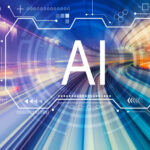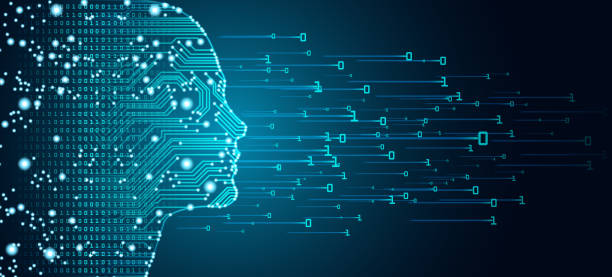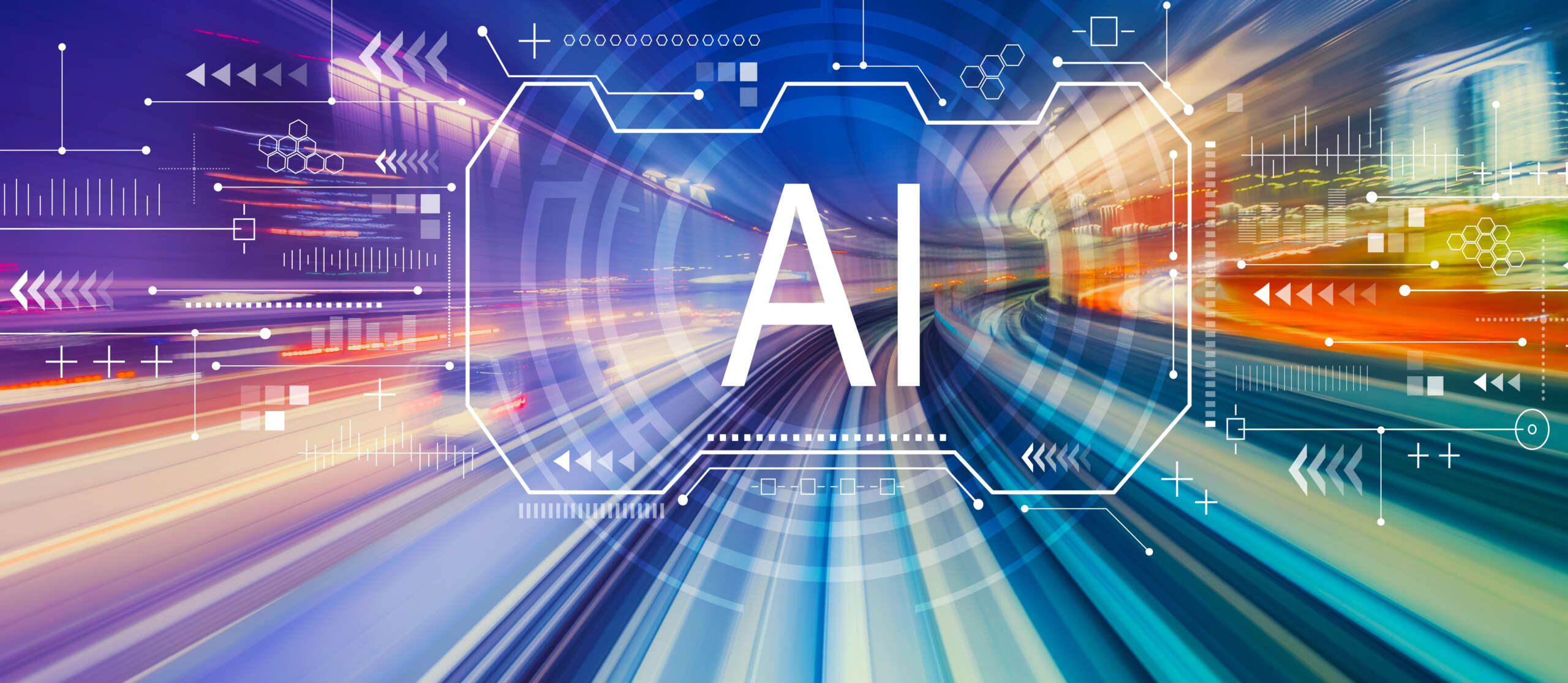Artificial Intelligence (AI) has come a long way since its inception, and the journey ahead is filled with exciting possibilities. AI is transforming industries, improving our daily lives, and pushing the boundaries of what machines can accomplish. In this article, we explore the future of artificial intelligence, the trends that are shaping it, and the potential developments on the horizon.

Understanding the Evolution of AI
AI is a broad field of computer science that focuses on creating systems capable of performing tasks that typically require human intelligence. It encompasses various subfields, including machine learning, natural language processing, computer vision, and robotics. The history of AI dates back to the mid-20th century, but it is the recent advancements in machine learning, particularly deep learning, that have propelled AI into the spotlight.
AI Trends and Developments
The future of artificial intelligence is bright and multifaceted, with several key trends and developments taking center stage:
1. Natural Language Processing (NLP)
NLP is a subfield of AI that deals with the interaction between humans and computers using natural language. The development of advanced NLP models like GPT-3 and BERT has brought about breakthroughs in chatbots, language translation, and content generation. In the future, we can expect even more capable and context-aware AI communication tools.
2. Computer Vision
Computer vision allows machines to interpret and understand visual information from the world. This technology is already widely used in facial recognition, autonomous vehicles, and medical image analysis. Future developments will enhance its accuracy and application in areas like augmented reality and visual search.
3. Reinforcement Learning
Reinforcement learning is a subfield of machine learning where agents learn to make decisions by interacting with an environment. It has been crucial in achieving AI breakthroughs, such as AlphaGo and autonomous robotic systems. Future developments in reinforcement learning may lead to more capable AI-driven decision-making processes.
4. AI in Healthcare
AI is revolutionizing healthcare by improving diagnostics, treatment recommendations, and drug discovery. In the future, AI-powered systems will play an even larger role in personalized medicine, predicting disease outbreaks, and streamlining administrative tasks.

5. Ethical AI and Responsible AI Development
As AI systems become more influential in society, there’s a growing emphasis on ethical AI development. Ensuring fairness, transparency, and accountability in AI algorithms is a significant trend. As AI applications become more widespread, addressing ethical concerns becomes a top priority.
6. AI and Robotics
AI is closely intertwined with robotics, and the future holds the promise of more sophisticated, autonomous robots that can perform a wide range of tasks. These robots will find applications in manufacturing, healthcare, and logistics.
7. Quantum Computing and AI
The emergence of quantum computing has the potential to revolutionize AI by enabling the rapid optimization of complex AI models and solving problems that are currently computationally infeasible. Quantum AI could lead to substantial advancements in various fields.
8. AI for Sustainability
AI is being harnessed to address environmental and sustainability challenges. Machine learning is used for optimizing energy consumption, monitoring pollution, and developing sustainable agriculture practices. AI-driven solutions will continue to play a pivotal role in combating climate change.

Challenges and Considerations
As AI evolves, it also faces various challenges:
1. Data Privacy and Security
The increased use of AI in various applications raises concerns about data privacy and security. Protecting sensitive data and ensuring that AI systems are not vulnerable to attacks is an ongoing challenge.
2. Bias and Fairness
AI systems can inherit biases from the data they are trained on. Ensuring that AI is fair and unbiased remains a significant concern, especially in applications like hiring and lending.
3. Ethical Decision-Making
As AI becomes more autonomous, the question of ethical decision-making and accountability becomes increasingly important. Determining who is responsible when AI systems make critical decisions is a complex issue.
4. Workforce Disruption
AI’s impact on the job market is a topic of concern. While AI can augment human capabilities and create new job opportunities, it also has the potential to automate certain tasks, leading to workforce disruption.
5. Regulation and Governance
Regulating the development and deployment of AI is challenging but necessary. Governments and international bodies are working to establish frameworks that ensure the responsible and ethical use of AI.
Conclusion
The future of artificial intelligence holds tremendous promise, with AI poised to transform industries, enhance human capabilities, and address complex challenges. As AI technologies continue to advance, it’s essential to address ethical, security, and regulatory concerns to ensure that AI benefits society as a whole. From healthcare to sustainability, AI’s reach is expanding, offering innovative solutions to some of the world’s most pressing problems. By embracing the potential of AI while being mindful of its challenges, we can look forward to a future where artificial intelligence is a powerful force for positive change.










